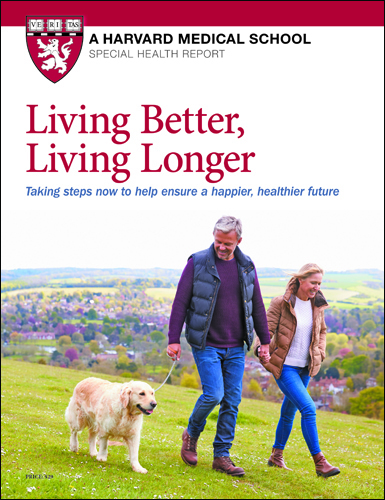What blood tests require fasting?
Ask the doctor
- Reviewed by Howard E. LeWine, MD, Chief Medical Editor, Harvard Health Publishing; Editorial Advisory Board Member, Harvard Health Publishing
Q. Sometimes my doctor tells me it's okay to eat before a blood test, and sometimes it isn't. Why is that?
A. Actually, fasting affects the results of very few blood tests. For example, measurements of kidney, liver, and thyroid function, as well as blood counts, are not influenced by fasting. However, fasting is often recommended before tests for glucose (blood sugar) and triglycerides (part of the cholesterol, or lipid, panel) to provide the most useful results.
You should not eat for eight hours before having your blood glucose measured to check for diabetes or to see how well treatments are working. An alternative test for glucose level that does not require fasting measures a substance called hemoglobin A1c, which reflects average blood sugar over the previous three months.
Doctors measure triglycerides after fasting since the concentration of these fatty particles remains elevated in the bloodstream for hours after a meal. The healthy range of triglycerides is less than 150 milligrams per deciliter (mg/dL) after a fast of 10 to 12 hours.
Not fasting before a standard lipid panel blood test may also throw off the LDL cholesterol number. But newer methods to measure LDL may mean you don't need to fast. In contrast, eating does not significantly affect measurements of total cholesterol and HDL (good) cholesterol.
When fasting for blood work, you may still drink water, plain coffee, or black tea. Take your regular medications unless you are specifically told to take them only with food.
About the Reviewer

Howard E. LeWine, MD, Chief Medical Editor, Harvard Health Publishing; Editorial Advisory Board Member, Harvard Health Publishing
Disclaimer:
As a service to our readers, Harvard Health Publishing provides access to our library of archived content. Please note the date of last review or update on all articles.
No content on this site, regardless of date, should ever be used as a substitute for direct medical advice from your doctor or other qualified clinician.













